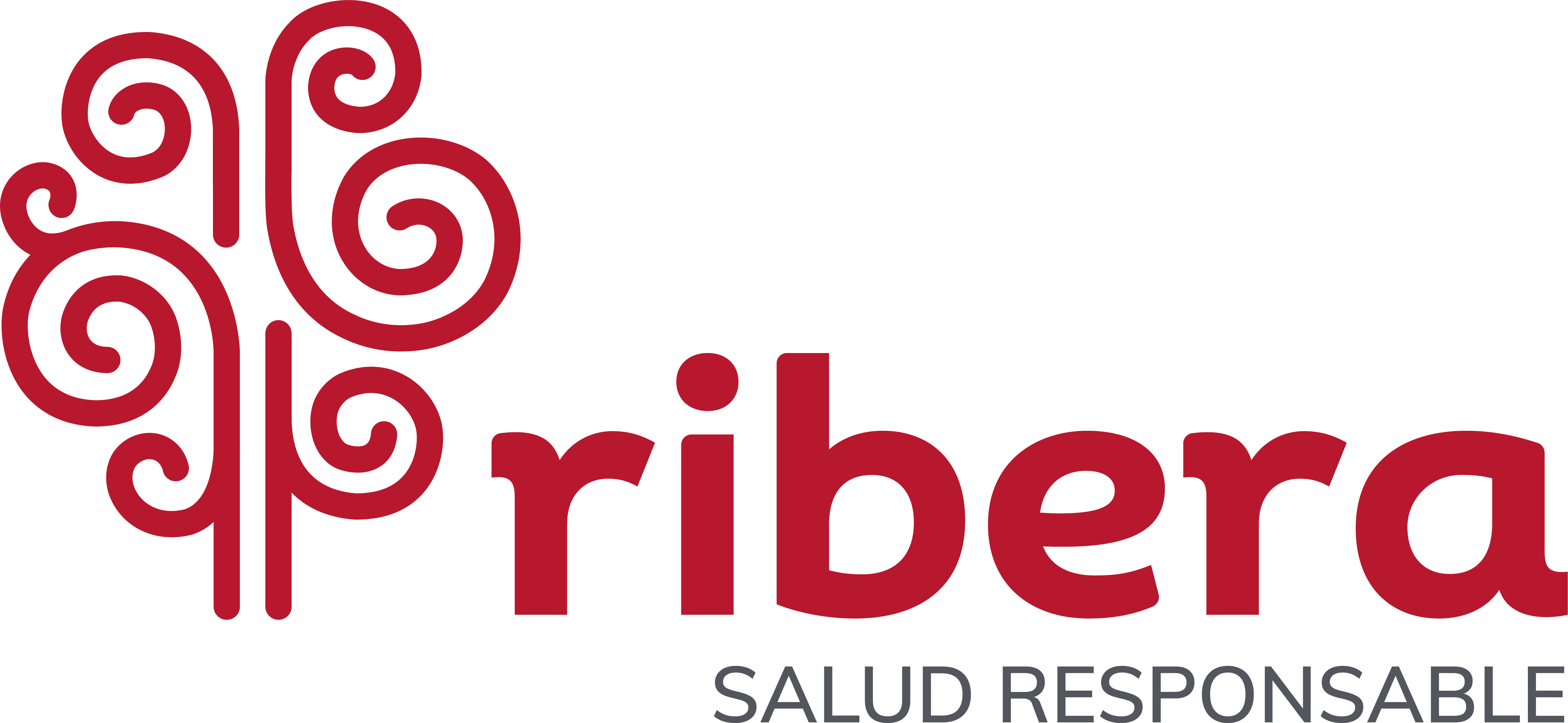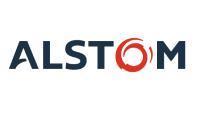Entrevistamos a Michel Hublet, Senior Director en CSR Europe que nos detalla cómo desde la entidad internacional apoyan a aquellas compañías que necesitan acelerar su transformación digital y pone a disposición de aquellos empleados en riesgo acciones concretas y proyectos para ayudarles en esta transición.
¿Cuáles son los retos que la sociedad plantea con respecto a las perspectivas en la evolución del empleo en la era pospandemia?
Todos sabemos que el mundo está atravesando una fase de gran transformación. El cambio climático y la transformación digital van a afectar profundamente a la industria. Este nuevo escenario ofrece nuevas oportunidades pero también algunos desafíos. Uno de los retos más importantes es llevar a toda la sociedad a través de esta transformación, y ayudarlas a adoptar las habilidades necesarias en un futuro próximo. Con la crisis del Covid-19, vemos que este cambio se está acelerando, y que la transformación digital ya está sucediendo. Tal y como aseguró la Comisión Europea en el Pacto Verde Europeo, es necesario: “no dejar a nadie atrás”. Este es el mayor desafío que tenemos.
¿Cuáles son los factores más importantes en la gestión interna de las empresas?
Ante la transición, la actitud de muchas empresas es despedir a todas aquellas personas que no tienen las habilidades digitales adecuadas para contratar nuevos talentos. Este hecho debe cambiar. Por lo tanto, es esencial que los departamentos de recursos humanos se situen en el centro de la transición para que puedan comprender las habilidades digitales necesarias para el futuro en su empresa, y desarrollar una estrategia que incluya la identificación de los empleados en riesgo y planes sólidos de capacitación y desarrollo para estos empleados en riesgo.
¿Qué impacto está teniendo el COVID-19 en la estrategía de las empresas? ¿Qué medidas se están tomando para evaluar este impacto?
La crisis del Covid-19 definitivamente está acelerando los cambios y la necesidad de muchas empresas de agilizar la transformación digital. Algunas empresas han integrado la transformación digital antes de la crisis sanitaria y se están adaptando con mayor facilidad. Los empleados de estas compañías ya están acostumbrados a esta nueva forma de trabajar, y a una mayor flexibilidad en el trabajo. El desafío para aquellas empresas que tienen que alcanzar una mayor digitalización, es la velocidad que necesitan en función del tiempo que lleva capacitar a los empleados y llevarles a través de esta transformación.
¿Qué papel juega la innovación tecnológica responsable en el futuro del empleo?
La tecnología es clave, y lo será aún más en el futuro con la Inteligencia Artificial, uso y protección de datos, Infraestructuras TI, etc… Sin embargo, la innovación tecnológica no es solo una cuestión de infraestructura, sino también y sobre todo de personas. Por supuesto, requiere un mayor desarrollo de habilidades técnicas, pero también de habilidades blandas y transversales como la resolución de problemas, trabajo en equipo o comunicación, por ejemplo. Por lo tanto, es necesario que todas las partes interesadas (públicas y privadas) trabajen juntas para seguir desarrollando estas habilidades con el fin de proporcionar los recursos necesarios que se necesitarán en un futuro próximo.
¿Cómo seguirá CSR Europa apoyando a las empresas que apuestan por la sostenibilidad ambiental, el impacto social positivo y el buen gobierno?
CSR Europe está desarrollando varios proyectos sobre Transición Justa. Uno de ellos, apoyado por J.P. Morgan basado en el análisis sobre cómo las empresas abordan las habilidades necesarias en el futuro de su organización.
En este proyecto, denominado Upskill For Future, CSR Europe junto con sus Organizaciones Nacionales Socias en 4 países (incluida Forética en España) está estudiando más de 30 empresas en tres áreas principales: planificación estratégica de la fuerza laboral, formación y desarrollo, flexibilidad y movilidad. Evaluamos cómo estas empresas contemplan estas tres áreas para sus trabajadores en general y para sus empleados en riesgo, en particular, y si han adoptado acciones específicas para estos empleados que podrían sufrir más que otros la transformación digital de la empresa. Tras evaluar la situación en todas las empresas, acompañaremos a sus empleados con recomendaciones y acciones piloto para anticiparnos a las dificultades que se les presenten y ayudarles en todo lo que sea necesario para conseguir que todas las personas de las compañías atraviesen lo mejor posible esta transición.
CSR Europe es una entidad internacional por lo que compartimos la entrevista en inglés
Michel Hublet, Senior Director CSR Europe
«As the European Commission mentioned in the Green Deal, “Leave no-one behind” is the biggest challenge in front of us»
What are the challenges that the world now poses to the Employment Outlook in the post pandemic age?
We all know that the world is experiencing a phase of high transformation and the climate change and the digital transitions are going to deeply affect the industry; it will offer new opportunities but also some challenges and one of the most important one is to bring all people through this transformation and help them having the necessary skills which will be needed in the near future. With the Covid-19 crisis, we see that this is actually coming very fast and the digital transformation is already happening now. As the European Commission mentioned in the Green Deal, “Leave no-one behind” is the biggest challenge in front of us.
Which factors are relatively more important in the internal management of companies?
In view of the transition, the attitude of many companies of changing the people by firing those who do not have anymore the right skills and hiring new talents need to change. It is therefore essential that HR Divisions would be at the centre of the transition and could understand the necessary skills for the future in their company and develop a strategy including the identification of the employees at risk and strong training and development plans for these employees at risk.
What impact is having COVID-19 taking into consideration the strategic on the part of companies? What measures are being taken to assess this impact?
The Covid-19 crisis is definitely speeding up the changes and the necessity for many companies to go quickly through the digital transformation. We can see that some companies which have integrated the digital transformation before the crisis are going through it more easily and employees are already used to new ways of working and to more flexibility at work.
The key challenge now for those companies which need to go through more digitalisation is the speed needed in comparison to the time it takes to train people and bring them along through this transformation.
What role does responsible technological innovation play in the future of the Employment?
Technology is definitely already very important and will be even more in the future with Artificial Intelligence, Data usage and protection, IT infrastructures, etc …
However, technological innovation is not only a matter of infrastructure but also and mostly a matter of people. It requires of course further development of technical skills, but also of soft and transversal skills like problem solving, team working or communication for example.
It is therefore necessary that all stakeholders (public and private) work together on further developping these skills in order to provide the necessary resources which will be needed in the near future.
How will CSR Europe continue to support companies that bet for environmental sustainability, positive social impact and good governance?
CSR Europe is developping several projects on Just Transition. One of them, supported by J.P. Morgan, is looking at how do companies address the skills needed in the future in their organization.
In this Project, called Upskill For Future, CSR Europe together with their National Partner Organizations in 4 countries (including Forética in Spain) is looking at more than 30 companies in three main áreas: strategic workforce planning, training and development, flexibility and mobility. We evaluate how these companies look at these three áreas in general but also specifically for their employees at risk and if they have specific actions for these employees which could suffer more than others from the company transformation. After assessing the situation in all companies, we will accompany them with recommendations and pilot actions in order to help them anticipating more what is needed to do for bringing all people of their company through the transition.























